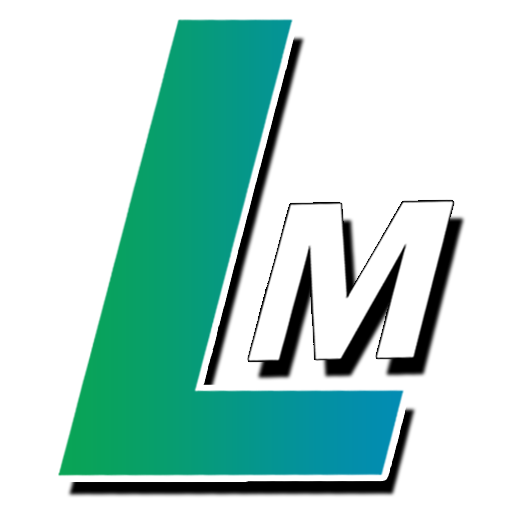from Leadership Medica n. 7/2001
The Minister of Health, Mr Gerolamo Sirchia, has decided to approach the very serious problems emerging from the tragic consequences following the administration of Cerivastatine-based drugs in a decidedly new way, as regards possible ministerial actions.
And he could not behave other than he did, taking into account that he is a doctor and a scientist. Indeed one cannot expect surveillance on the composition, indications, contraindications, interactions, therapeutic effectiveness, possible side effects and risks deriving from possible overdoses of drugs resulting from worldwide scientific research with doctors who do not adopt a reliable scientific and cultural approach to every aspect of drug-surveillance relating to that specific drug.
“The first issue is to teach doctors to use drugs properly” Mr Sirchia started off; “we shall instruct doctors through the Internet, with seminars designed for groups of doctors within the various Health Units and Hospitals and with a pharmacologist who will be communicating with them at a distance, by giving life to collective discussions on cases relating to specific patients, and putting question to make sure that the “students” have understood the point.” Indeed, the issue of drug surveillance, which has been so much trumpeted by insiders over the last few days, could not be expected to have any valid application unless proper communication exists between those who are in charge of surveillance, and are to convey the necessary instructions on what needs to be supervised, and those who prescribe the drugs, follow the patients to whom drugs have been prescribed, based both on the information acquired through the technical specifications attached to the product and the reports received from the bodies in charge of drug-surveillance, take note of any abnormalities and report them to the Health Units or to the Ministry.
But this issue does not only relate to drugs. The importance of keeping continuously up-to-date from a professional point of view has now become for doctors a very topical issue, which involves all branches of medicine, both general and specialistic. In an age in which technology, pharmaceutical chemistry, genetics, immunology an other medical fields of knowledge are updated at a speed which would have been inconceivable up to a few years ago, also affecting the very basic principles of human life, it is not possible to operate on the basis of knowledge acquired at a distance of time and which has not been continuously updated. Of course, we cannot say that doctors neglect this aspect of their professional training, but willingness to learn is not sufficient to ensure a systematic updating process. Indeed, the supply of refresher courses and seminars is extremely high; in theory, one could therefore object that doctors do not lack the opportunity to keep up-to-date.
The problem is that we lack a joint coordination and a systematic refresher programme which makes it possible over a year, or maybe even over a three-year period, to reach all doctors in all branches of medicine, and physically check out and certify their actual knowledge. Of course, today we have the Internet, an extremely effective tool to reach all doctors in real time and keep them continuously up-to-date without having to move around too much, and providing at the same time the opportunity to communicate with them and obtain feedback. It naturally is essential for the Ministry of Health, in conjunction with the University Faculties involved, to decide a comprehensive programme of key subjects involving all branches of medicine, thus taking the lead, with the assistance of the professional rolls, in carrying out the programmes and checking out the continuous update, branch by branch, on the part of the individual doctors.
The pharmaceutical industry has so far played a leading role in organising and sponsoring scientific meetings, congresses and conferences, emphasising specific diseases, which, by sheer coincidence, related to their own industrial field. On the other hand, in certain cases, the same molecule represents the active principle of numerous drugs having the same composition, even if marketed under different names; therefore often identical scientific meetings are organised in connection with the pathology treated with that specific molecule, which add in no way to the doctor’s knowledge. This is why it would be advisable for the Ministry to accurately organise the continuous update of medical professionals, without having to rely on the business requirements of the pharmaceutical industry, by adopting a broader and more scientific approach to the entire field, also from an organisational point of view.
Amedeo Pavone
(traduzione Interpres- Giussano)



